Articles by Media Institute of Southern Africa (MISA)
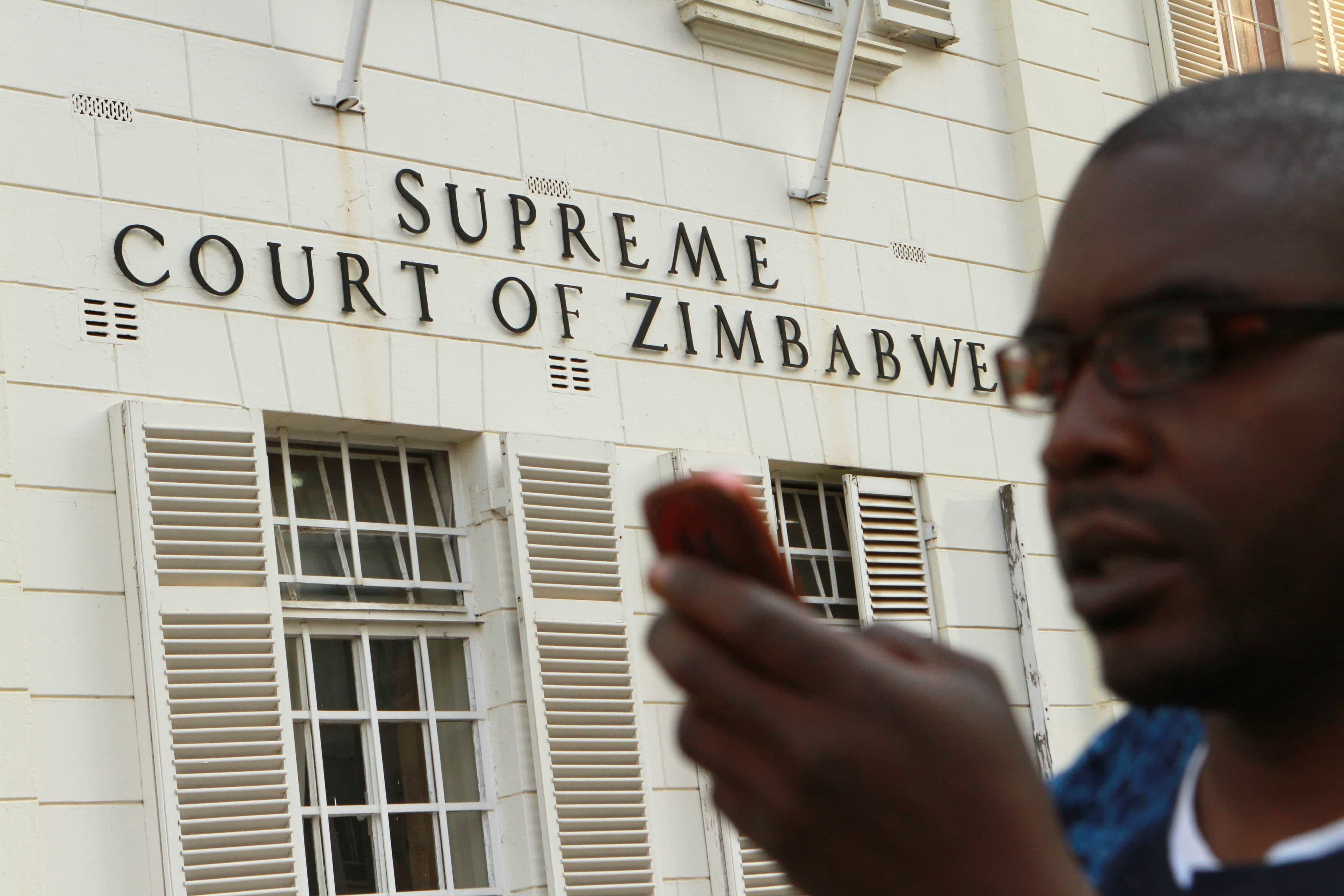
Weighing in on the “cyber terrorism” debate in Zimbabwe
This continuous misleading of the citizenry on what constitutes cyber terrorism instills fear and self-censorship among citizens when exercising their rights to free expression, access to information and freedom of conscience.
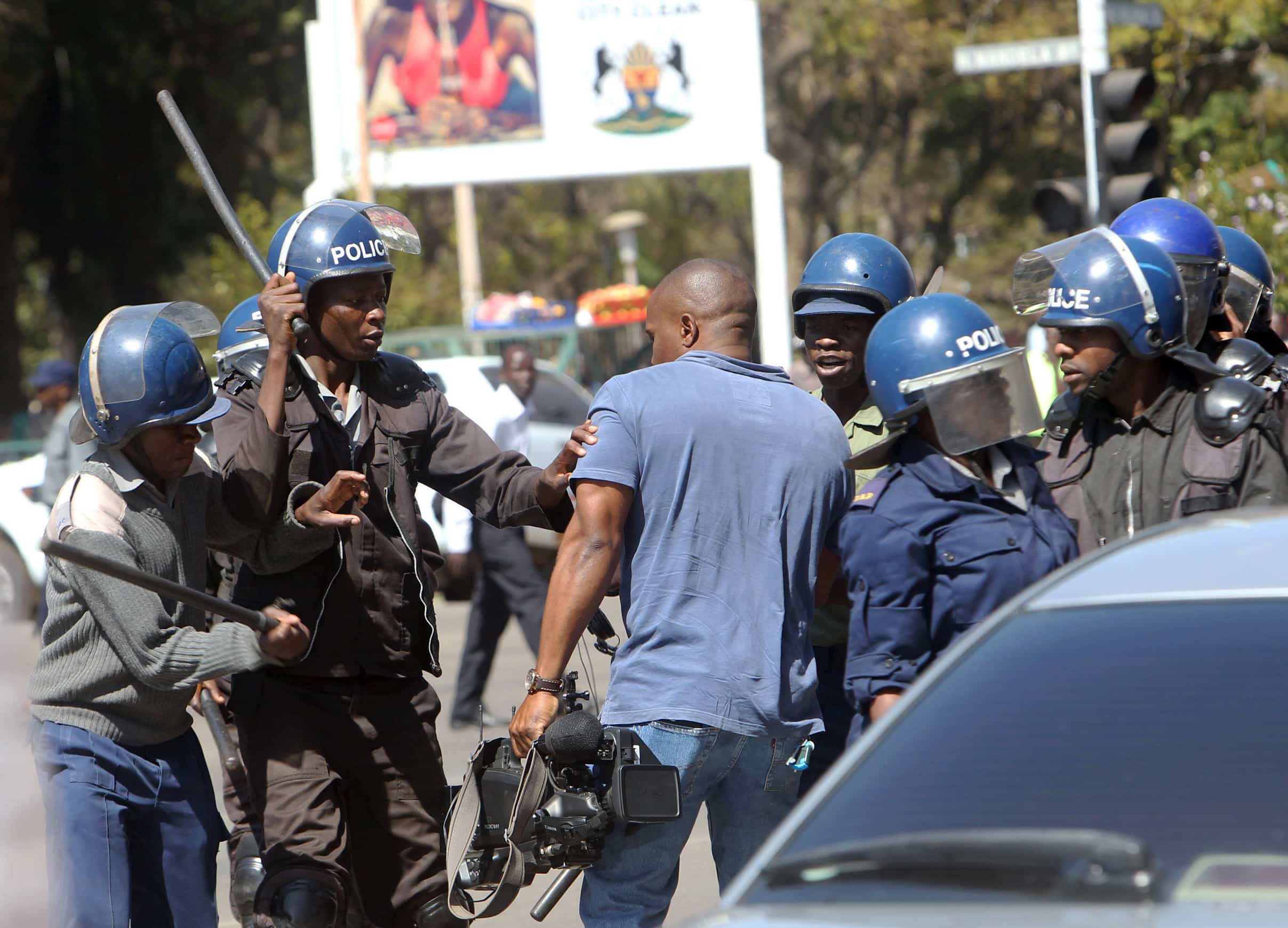
Police assault journalists covering protests in Zimbabwe
On 3 August 2016, members of the riot police assaulted freelance journalists as they covered demonstrations against the Zimbabwe government’s plans to introduce bond notes, in the wake of adeteriorating socio-economic environment.

Prominent South Sudanese journalist released after 2 weeks in detention
Following an outcry by the local and international community, including a statement issued by the African Freedom of Expression Exchange (AFEX), Alfred Taban was granted bail on 29 July 2016.

Twelve days on, South Sudanese journalist still in detention
On July 16, 2016, agents of the National Security Service arrested Alfred Taban, Editor-in-Chief of Juba Monitor, an independent English language daily newspaper in South Sudan. The security service accused the journalist of inciting violence, and consequently shutdown the Juba Monitor on the same day.
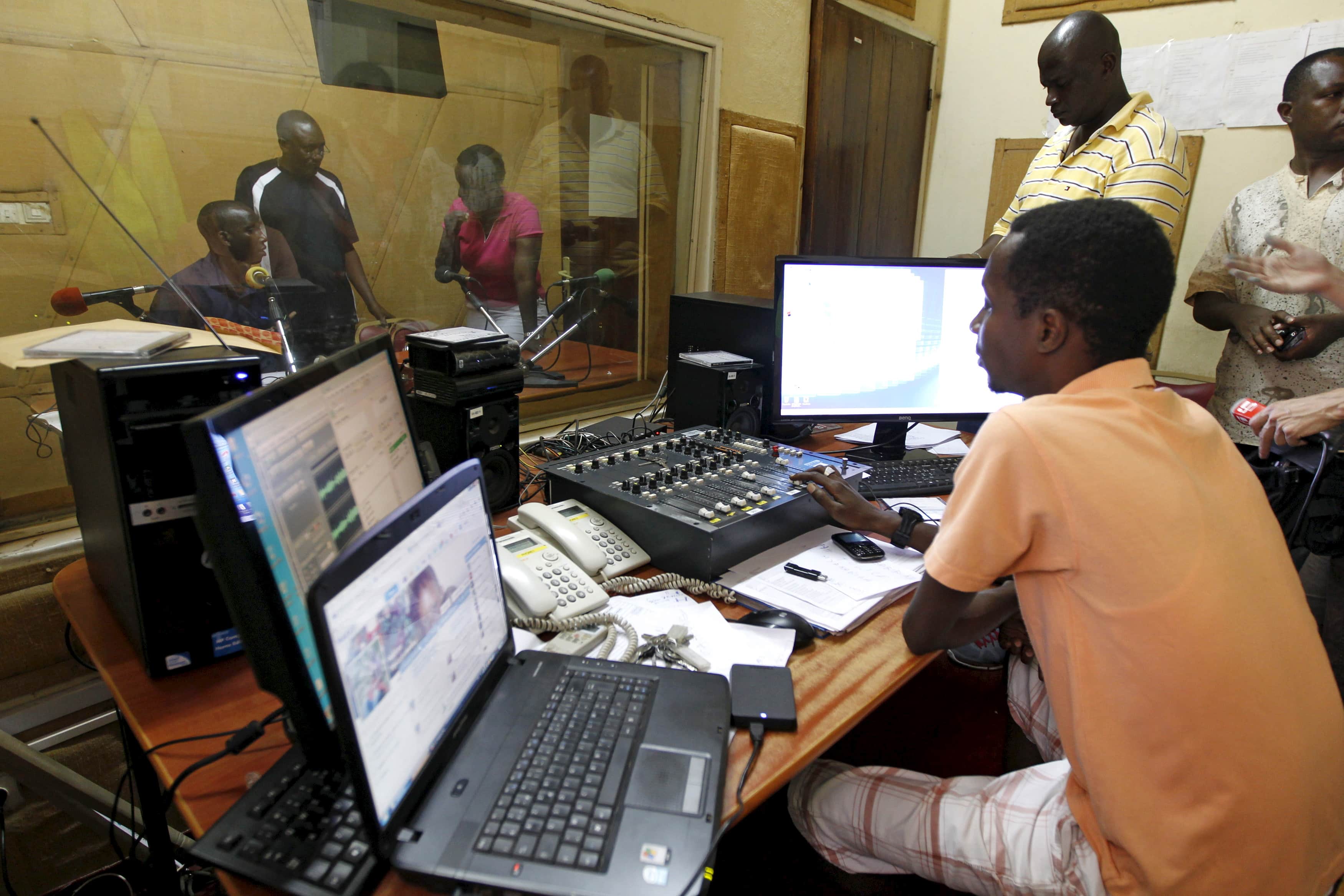
Nine months after, Radio Publique Africaine technician still detained
The peculiar case of a radio worker in secret detention in the Congo who is accused of both spying for Rwanda and aiming to destabilize Burundi.
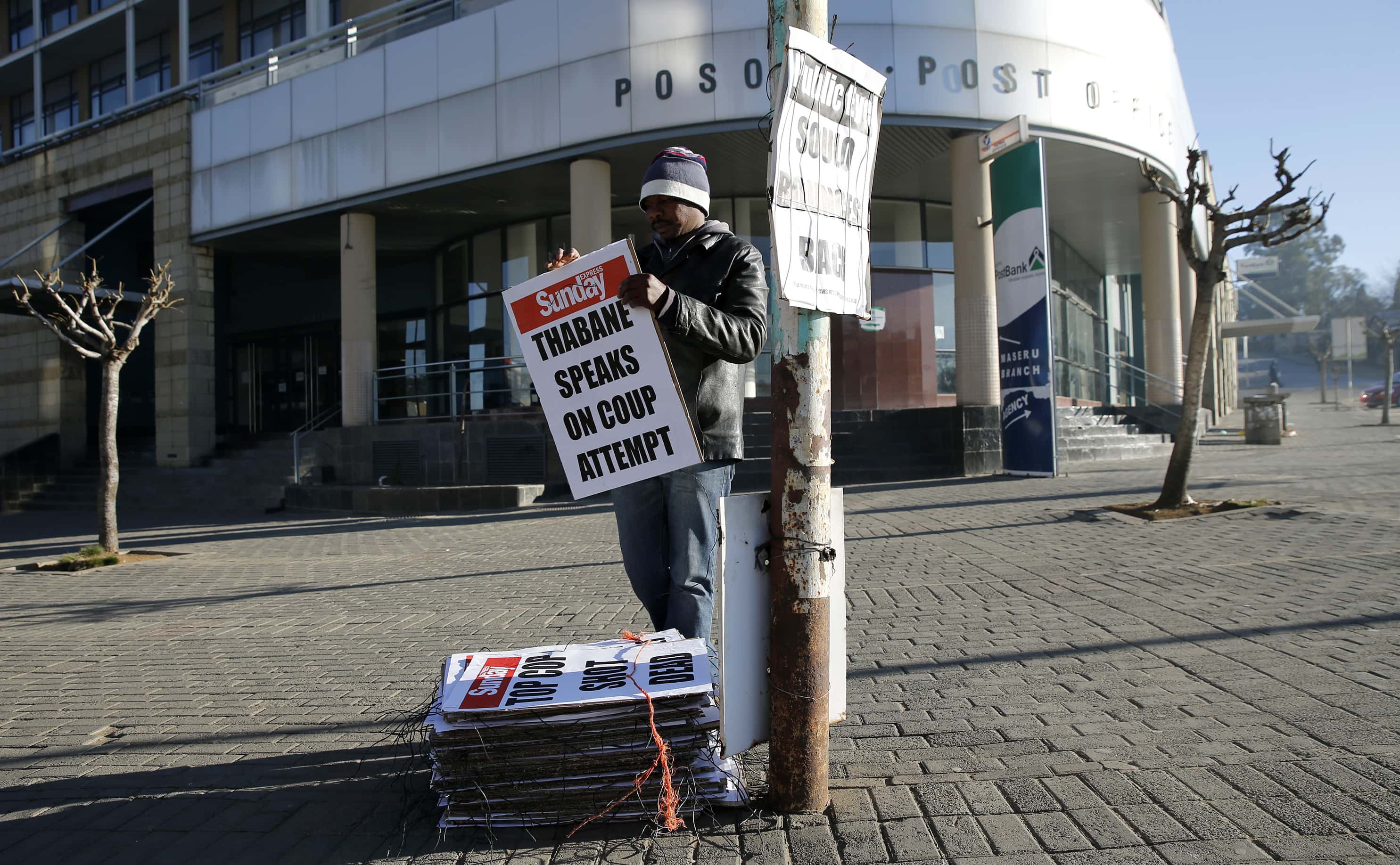
Gunshot and charges follow satirical column about commander
Editor shot just a week after Lesotho Times publisher Basildon Peta charged with defamation over column about Lesotho Defense Force commander.

Leading press freedom group and IFEX member should be granted access to UN bodies
Civil society groups ask ECOSOC to reconsider granting valued press freedom group and IFEX member, The Committee to Protect Journalists, consultative status at the UN.
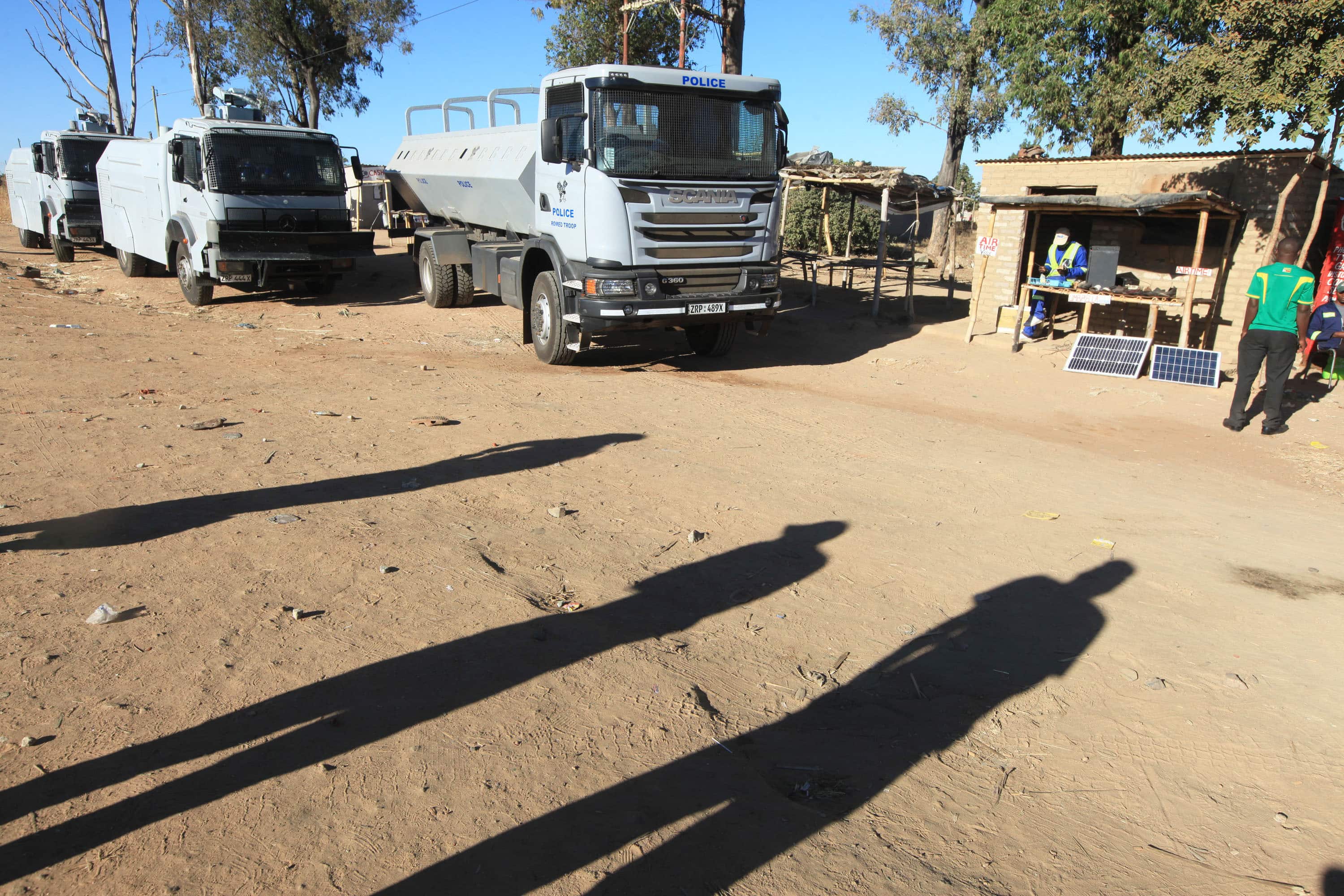
WhatsApp disabled as “Shutdown Zimbabwe” protest takes place
The platform had become the main communication tool Zimbabweans were using to mobilise and share information on the protest.
